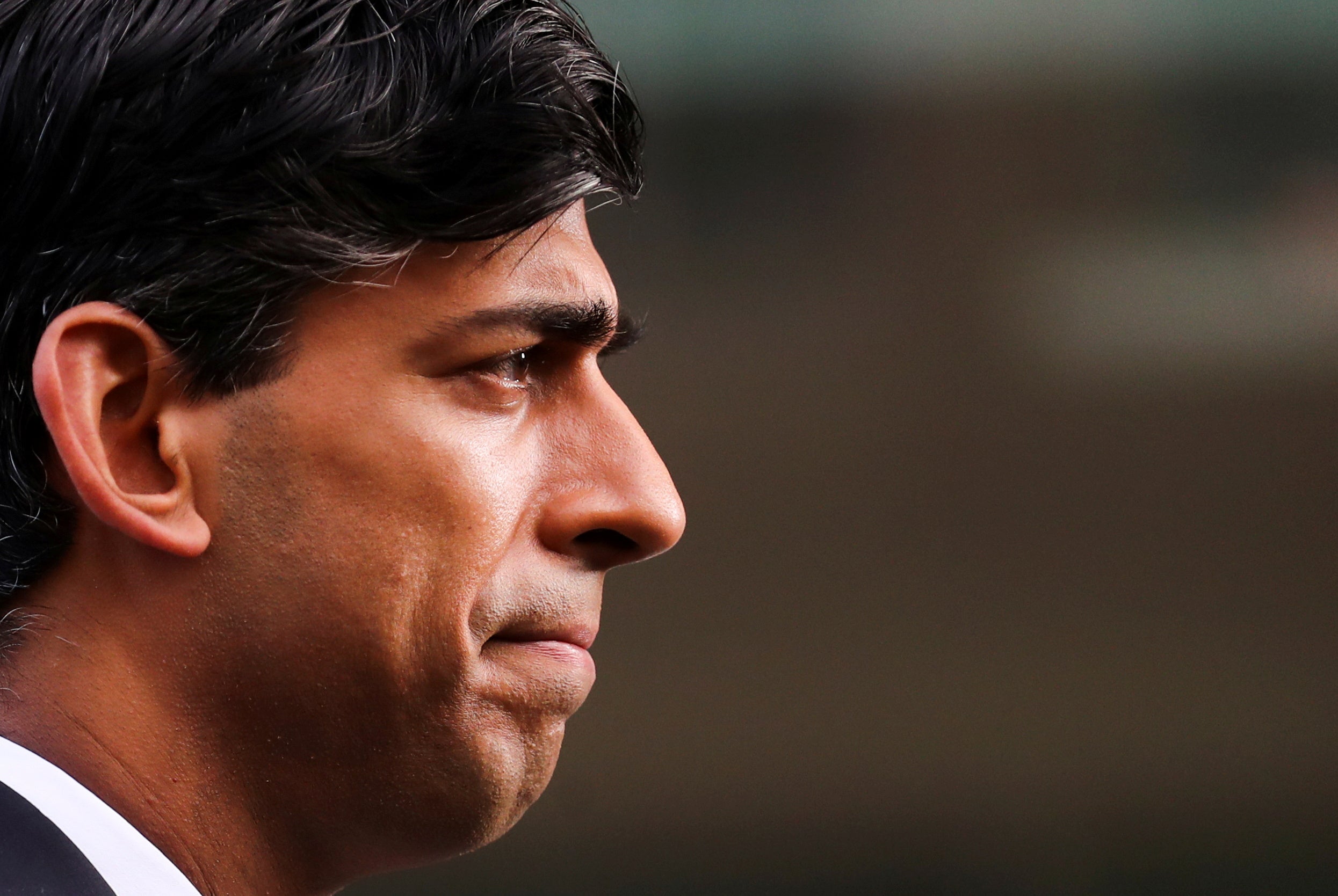What is the Budget and why does it matter?
Rishi Sunak’s statement to the Commons next week will take its place in a long history of gaffes, masterstrokes and ‘rabbits’, writes Andrew Woodcock


When Rishi Sunak delivered his first Budget on 11 March last year, he had been in the post for just over three weeks and assumed it was the most difficult task he would face in the job.
The annual statement to the House of Commons is normally the culmination of months of preparation, the moment when a chancellor can put his stamp on the direction of the country and when his – and so far it has always been his – decisions come under scrutiny of the most intense kind.
Few chancellors have had their reputations made or destroyed by a single Budget, but it is a day when individual gaffes or masterstrokes can fundamentally alter voters’ perceptions of the government and its competence.
Geoffrey Howe’s hugely controversial 1981 statement set the monetarist course for Margaret Thatcher’s administration with a package designed to rein in inflation at the expense of soaring unemployment. Nigel Lawson was blamed for seeding recession with his giveaway “Lawson boom” Budget of 1988. Gordon Brown imposed windfall taxes on privatised utilities in 1997 and a 1p national insurance rise for the NHS in 2002. And George Osborne inaugurated a decade of austerity with an emergency Budget in 2010 which took a chainsaw to public spending.
But Budgets are often most remembered not for dramatic shifts in economic policy so much as for misconceived proposals abandoned within days after being savaged in the chamber and the press.
Recently, these have included the introduction of VAT on hot foods in Mr Osborne’s “omnishambles Budget” of 2012, which was quickly branded a “pasty tax” and was binned amid hails of abuse from pie-lovers. The row prompted one of the more bizarre political mysteries as prime minister David Cameron reminisced about eating pasties from a stall in Leeds station which had closed years before his supposed visit.
The same year, Mr Osborne had to defend himself against accusations of a “granny tax” as he tried to remove some age-related allowances and a “church tax” relating to VAT on repairs to heritage sites.
His successor at 11 Downing Street, Philip Hammond, was forced into a humiliating U-turn in 2017, when he ditched plans to increase national insurance payments for the self-employed after enduring days of invective over what was quickly called the “white van man tax”.
Mr Brown basked in plaudits for introducing a 10p rate of income tax in 1999, only to see his fans turn against him when he abolished it in his last Budget in 2007 after, as he later said, realising that the ultra-low band did not do its intended job of lifting people out of poverty.
Derived from the French word bougette – or “little bag” – Budgets have been a regular feature of Westminster politics since at least the eighteenth century, and in modern times have been an annual event either in the spring or autumn.
The ever-intensifying pressure of economic events has prompted most recent chancellors to stage a second fiscal event – variously called a mini-Budget, pre-Budget report or autumn statement – at the halfway point between Budgets.
And the unprecedented demands of the Covid crisis saw Mr Sunak deliver a Plan For Jobs, a Winter Economy Plan and a Spending Review in quick succession over the course of 2020, each of them dealing in dizzying figures to dwarf a conventional Budget statement.
Once guarded with a secrecy so extreme that Labour chancellor Hugh Dalton was forced to resign after details leaked to a London newspaper just minutes before he addressed MPs, the contents of Budgets now routinely appear in the media days or even weeks in advance, with chancellors preserving only a few “rabbits in the hat” to surprise MPs and grab headlines on the day.
Also becoming a thing of the past is the traditional tipple permitted to the chancellor on the one day in the year when he may take whatever drink he wishes to the dispatch box.
Mr Howe drank gin and tonic, Mr Lawson spritzer and Kenneth Clarke whisky, while Gladstone apparently gulped back the slightly nausea-inducing concoction of sherry and beaten egg. As a teetotaller, Mr Sunak is likely to follow the tradition of more recent predecessors Osborne, Brown and Alistair Darling in opting for water.
All things considered, he might be forgiven for needing something a bit stronger.
Far from being his toughest task, the March 2020 Budget now looks like a breeze compared to the historic demands of a year in which he spent an unprecedented £280bn of borrowed money on a series of remarkable interventions to fend off economic collapse in the face of the catastrophic coronavirus pandemic.
Wielding the famous red box for the second time, the 40-year-old chancellor faces a perilous balancing act between nursing the virus-battered economy back to health and making a start on the gargantuan task of chipping away at a debt mountain of more than £2 trillion.
Whether he goes for tax hikes, more Covid support or an investment splurge – or, as most expect, a mixture of all three – this is likely to be one of those Budgets that are remembered in the history books for setting the tone for years to come. Whether it is remembered for its gaffes or its masterstrokes may determine the political future of Sunak himself.




Join our commenting forum
Join thought-provoking conversations, follow other Independent readers and see their replies
Comments